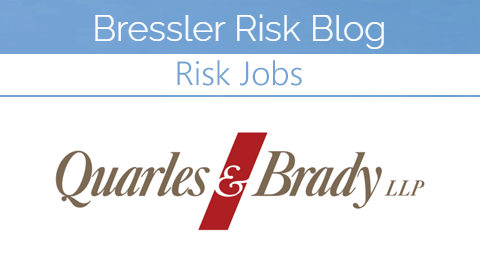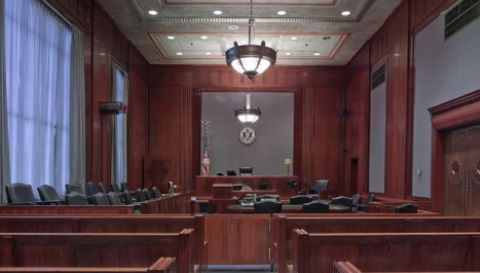Law Firm Risk Misc — Law Firm Disqualification Deferred, Contract Lawyer Remote Work Facial Recognition Risk Risk
Posted on
“DLA Piper Withdraws From $30M Ga. Case Amid DQ Bid” —
- “The firm’s attorneys Robert L. Crewdson and John S. Ducat are being replaced as lawyers for Westinghouse Electric Co. LLC by three attorneys from Kilpatrick Townsend & Stockton LLP.”
- “Westinghouse’s notice of substitution of counsel gave no explanation for the change, which followed a Nov. 2 hearing in the Georgia State-wide Business Court on a motion by Curtiss-Wright Electro-Mechanical Corp. to disqualify DLA Piper from the case.”
- “Curtiss-Wright, accused by Westinghouse of failing to timely deliver reactor coolant pumps for nuclear power plants in the Southeast, sought the firm’s disqualification on the basis that it was represented in a related case against Westinghouse by one of DLA Piper’s lawyers.”
- “DLA Piper defended its involvement in the Georgia case, saying its representation was separate from a yearslong dispute between Westinghouse and Curtiss-Wright over the supply of reactor coolant pumps for nuclear power plants in China. That case is being arbitrated in Sweden.”
- “On Nov. 11, the arbitral tribunal in that Swedish case dismissed DLA Piper’s Ducat and Crewdson from representing Westinghouse, at Curtiss-Wright’s request. The tribunal said in an order that Dalin was given confidential and sensitive information about Curtiss-Wright’s defenses and therefore had a conflict of interest… In the Georgia case, Judge Walter W. Davis has not yet ruled on Curtiss-Wright’s bid to disqualify DLA Piper. Curtiss-Wright has also filed a motion to dismiss the case, which is pending.”
“Contract lawyers face a growing invasion of surveillance programs that monitor their work” —
- “Facial recognition systems have become an increasingly common element of the rapid rise in work-from-home surveillance during the coronavirus pandemic. Employers argue that they offer a simple and secure way to monitor a scattered workforce.”
- “Contract attorneys such as Anidi have become some of America’s first test subjects for this enhanced monitoring, and many are reporting frustrating results, saying the glitchy systems make them feel like a disposable cog with little workday privacy.”
- “Contract attorneys sift through thousands of documents entered as potential evidence during a lawsuit, redacting sensitive information and highlighting relevant details lawyers may need while arguing a case, and they have become a backbone of the legal economy: Law firms hire them on an as-needed basis — such as when a complicated lawsuit involves lots of internal records or emails — and ditch them when they are no longer necessary.”
- “The Washington Post spoke with 27 contract attorneys across the United States who had been asked to use facial recognition software while working remotely. The pandemic pushed many of them out of secure document-review offices and into remote work, and many expected some additional security, since they look at sensitive files for legal cases with strict confidentiality rules.”
- “But most of them hadn’t expected anything like the facial recognition monitoring they’ve been asked to consent to. The software uses a worker’s webcam to record their facial movements and surroundings and will send an alert if the attorney takes photos of confidential documents, stops paying attention to the screen or allows unauthorized people into the room. The attorneys are expected to scan their face every morning so their identity can be reverified minute by minute to reduce potential fraud.”
- “Attorneys of color also worried that the facial recognition systems’ varying performance on different skin tones left them disadvantaged from the start. One attorney said he filed a complaint with New York City’s Human Rights Commission last year, arguing that he was being denied the right to work by refusing to consent to being monitored. He worries that the facial recognition scans could threaten his legal license or livelihood if it falsely led to accusations that he had compromised client data.”
- “The technology isn’t perfect, Fetgatter said: One law firm client recently complained that the number of false positives made it ‘honestly more of a nuisance than it was worth.’ But much of the attorney feedback about the system so far, she said, has ‘been positive because of how much attention we put on keeping the team engaged.’ Attorneys who are uncomfortable with that level of monitoring, she added, can decline the job.”
- “But other lawyers said they felt infantilized or distrusted by monitoring software that gave no weight to their experience or careers. One attorney said the software treated ‘people who have taken oaths as if they are common criminals.’ Said another: ‘Didn’t my work record speak for itself that I had integrity?'”










